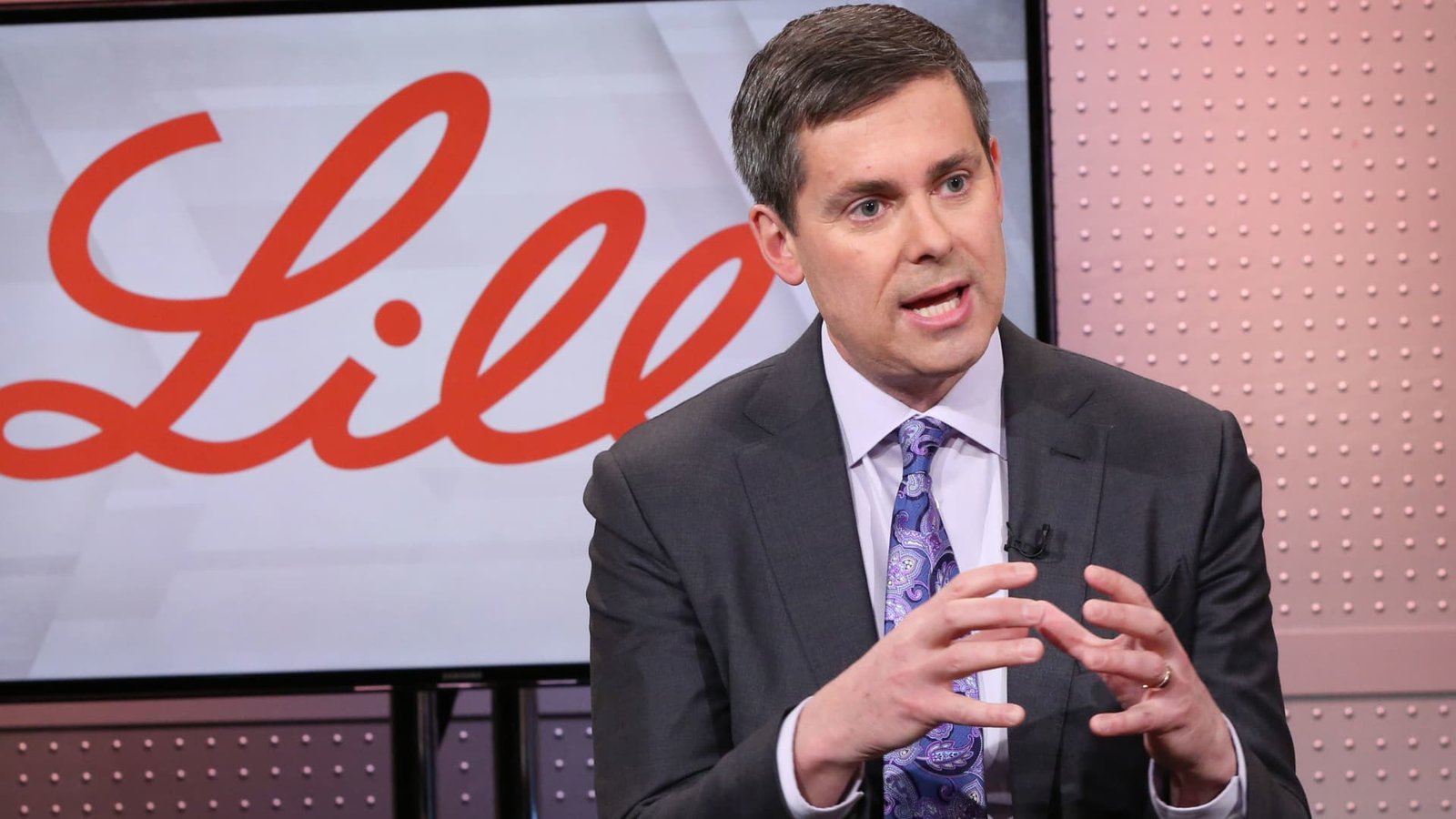CVS Health’s board has enlisted advisors to carry out a strategic evaluation of its operations, as reported by sources familiar with the situation. The company is facing potential activist pressure and a significantly reduced stock price. The review has been ongoing for a while, but there is no definite decision on the actions CVS will take. One option being considered is the separation of the insurance and retail divisions.
CEO Karen Lynch and other CVS executives recently met with major shareholder Glenview Capital to address the company’s underperforming outlook and Glenview’s strategies to boost the stock value. CVS spokesperson David Whitrap stated that the management team and Board of Directors are continuously exploring ways to enhance shareholder value by focusing on performance and delivering high-quality healthcare products and services.
Following the news, CVS shares increased by about 1% in premarket trading. Lynch faces challenges with the insurance business due to rising medical costs, leading to changes in leadership earlier this year. CVS announced plans to reduce expenses by $2 billion over several years, which includes a workforce reduction of less than 1%, affecting around 2,900 employees.
CVS owns health insurer Aetna, offering various plans including those under the Affordable Care Act, Medicare Advantage, and Medicaid, as well as dental and vision coverage. The company has been impacted by increased medical costs, particularly from Medicare Advantage patients, resulting in concerns about escalating expenses in the insurance sector.
CVS’s lowered full-year outlook in August was attributed to a decline in its 2024 Medicare Advantage star ratings, affecting bonus payments from the Centers for Medicare and Medicaid Services. The company faces challenges in its retail pharmacy and health services segments due to factors like falling reimbursement rates for prescription drugs and reduced sales volume in retail stores.
Despite these challenges, CVS is focusing on private-label products to attract customers who are shifting from national brands to combat inflation. The company’s pharmacy and consumer wellness division experienced sales growth in the second quarter, driven by increased prescription volume, while facing pressures from inflation, consumer spending trends, theft, and competition from online and traditional retailers.




